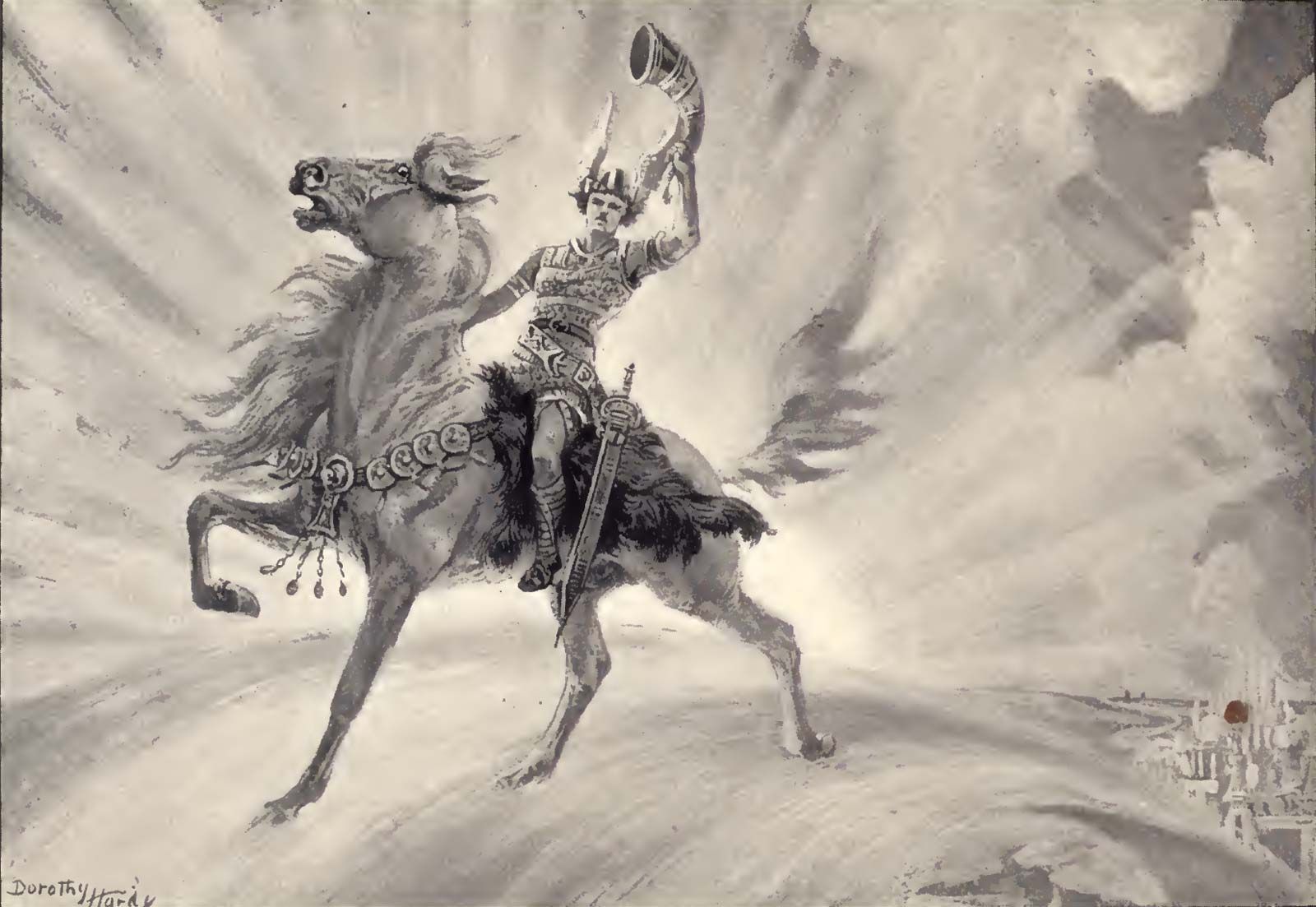Greek and Norse mythology are filled with gods and goddesses that possess extraordinary powers but also exhibit human weaknesses and limitations. The Greek gods were often depicted as being arrogant and self-centered, while the Norse gods were more often depicted as being humble and self-sacrificing. In Greek mythology, the gods interfered in the lives of humans, while in Norse mythology, the gods were seen as allies to humans. Despite their differences, the legacy of these gods continues to be felt today in popular culture and literature, demonstrating the enduring power of storytelling and the supernatural.
Greek Gods vs. Norse Gods: A Battle of Powers and Limits
The mythology of the Greek and Norse peoples is filled with gods and goddesses that are larger than life. These characters possess extraordinary powers that allow them to control the world around them. At the same time, they also exhibit human weaknesses and limitations that make them relatable to their human counterparts. This article takes a closer look at the similarities and differences between the Greek and Norse gods and how they impact their respective mythologies.
The Greek Gods: A Pantheon of Power and Conflict
The Greek gods were a pantheon of twelve deities that ruled the world from atop Mount Olympus. They possessed extraordinary powers that allowed them to control the elements of the world, the forces of nature, and the lives of humans. The most well-known of these gods were Zeus, the god of the sky and thunder, and his siblings, Hera, Poseidon, Demeter, Hestia, and Hades.
The Greek gods were not invincible, however, as they were often depicted as engaging in conflicts and struggles with each other as well as with humans. These conflicts often exposed the gods’ limitations and weaknesses. For example, Zeus’ many love affairs caused him to fall out of favor with his wife, Hera, who retaliated against him in various ways. Similarly, even the powerful god of war, Ares, was injured by mortal weapons and was captured and imprisoned by the gods at one point.
The Norse Gods: A Journey Through Mythology
The Norse gods, on the other hand, were fewer in number but no less powerful. The most well-known of these gods were Odin, Thor, and Loki. Each of these gods possessed unique powers that allowed them to control different aspects of the world. Odin was the god of wisdom and war, Thor was the god of thunder and strength, and Loki was a trickster god who often caused mischief and chaos.
Like the Greek gods, the Norse deities were not without conflict and struggle, but they were depicted as being more closely tied to the fate of the world. The Norse mythological cycle, known as the Eddas, tells the story of the gods’ struggle against the giants, the creation of the world, and the end of the world in Ragnarok. In this way, the Norse gods were presented as more intimately involved in the world and its fate.
Comparing the Powers and Limits of the Gods
While both the Greek and Norse gods possessed extraordinary powers, there were some notable differences in the way they were portrayed in their mythologies. One of the key differences was that the Greek gods were often depicted as being arrogant and self-centered, while the Norse gods were more often depicted as being humble and self-sacrificing.
Another difference was in the gods’ relationship to humans. In Greek mythology, the gods often interfered in the lives of humans, sometimes to the humans’ benefit and sometimes to their detriment. In Norse mythology, however, the gods were seen as allies to humans rather than rulers, and they often went to great lengths to help human beings.
Finally, the gods’ limitations and weaknesses were also depicted differently in the two mythologies. In Greek mythology, the gods were often subject to jealousy, anger, and lust, which could lead to their downfall. In Norse mythology, the gods’ weaknesses were often tied to their sense of honor and duty, and they were willing to make great sacrifices in order to uphold their ideals.
The Legacy of the Gods
The legacy of the Greek and Norse gods continues to be felt today in popular culture and literature. Both mythologies offer fascinating characters and stories that have captivated audiences for centuries. Ultimately, the gods of these mythologies remind us of the power and importance of storytelling in human culture and the enduring nature of our fascination with the supernatural.
Conclusion
In conclusion, the mythology of the Greek and Norse peoples is filled with larger-than-life characters who possess extraordinary powers but also exhibit human weaknesses and limitations. While the Greek gods were often depicted as being arrogant and self-centered, the Norse gods were more often depicted as being humble and self-sacrificing. Despite these differences, the legacy of these gods continues to be felt today in popular culture and literature, demonstrating the enduring power of storytelling and the supernatural.
